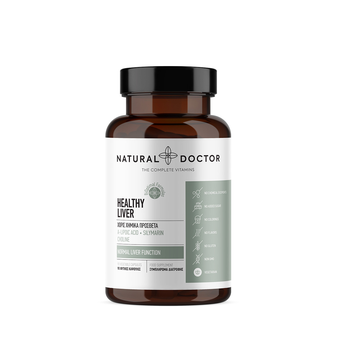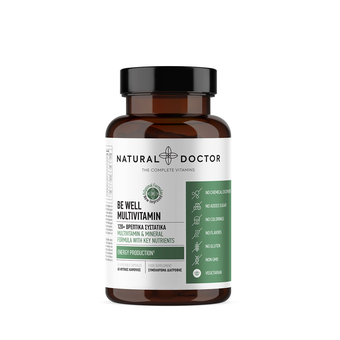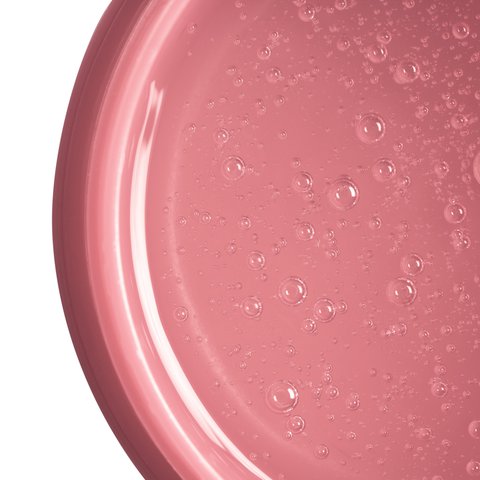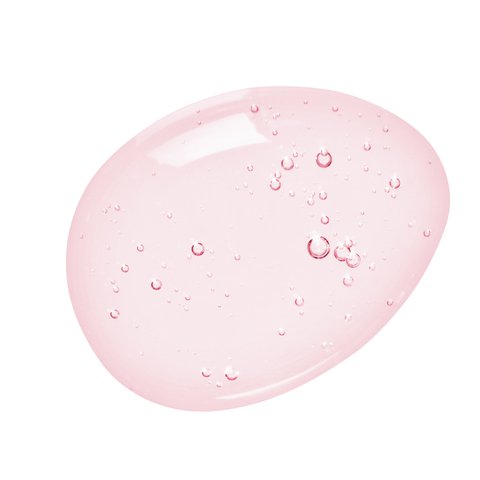Alcohol and sports. Not a match

Although moderate drinking can have a place in your daily routine, it's important to be aware of the effects of excessive drinking on your performance so you can make the right decisions about it.
A familiar sight in the locker room after a victory is the athletes and coaches sprayed with champagne and beer. Sports and alcohol are often linked, but the "work hard, play hard" mentality negatively affects performance.
Research shows that moderate alcohol consumption has little impact on athletic performance, but consuming 3-4 drinks brings about changes in the body that can negatively affect performance and recovery.
Alcohol is a toxin
Simply put, alcohol is a toxin. When it perceives danger, the human body activates survival mechanisms, focuses on minimizing the threat, and shifts support for alcohol detoxification from the liver to the system.
The most common sources of calories are carbohydrates, proteins and fats. However, pure alcohol is also a significant source of calories, with an average ratio of seven calories per gram.
Depending on the type, four alcoholic drinks can add 400-800 calories. While the body is metabolizing and eliminating alcohol toxins, protein, carbohydrate and fat metabolism are on hold.
Protein & sports
As most athletes know, protein is an essential nutrient for muscle building and repair. Research suggests that alcohol negatively affects muscle recovery and strengthening after exercise, leading to longer recovery times.
Another interesting finding from the study is that the reduction in muscle protein synthesis occurs even after adequate protein supplementation.
Alcohol, sleep and hormones
Sleep is one of the key factors for athletes for recovery and readiness for training and the duration of the match. Although alcohol can make you sleepy, it affects the quality of your sleep.
As the body flushes out the toxins from the alcohol, it begins to return to normal functioning. That causes repetitive wakefulness, which disrupts the second half of sleep, where the deepest and most effective sleep occurs.
The sleep-wake cycle is controlled by the circadian rhythm. This internal clock regulates when we are fully asleep so that we can release growth hormones.
Research has shown that nighttime alcohol intake, even in moderate amounts, can reduce the amounts of growth hormone released during sleep by 70-80 per cent.
Hangover
The negative effect of alcohol on performance seems to significantly affect the body after the body has undergone a process to detoxify the liver.
Dehydration is a common symptom that occurs the next day. The body has a sophisticated system that controls the release of fluids. The hormone that controls this system is known as the antidiuretic hormone.
As soon as 20 minutes after drinking alcohol, the antidiuretic can be stopped. Thatcauses an increase in urine production, which can lead to dehydration. At the same time, while alcohol is in the body, many people have a reduced sense of thirst.
The researchers also found that the morning after drinking, even when blood alcohol levels are zero, memory and the ability to focus on multiple tasks are still significantly affected.
Care for the liver
Knowing how vital our liver is for detoxification, it is essential to show it some care and support to assist it to complete the hundreds of tasks it undertakes daily.
If you place an excessive load on the liver by regurlary taking medications or drinking alcohol , it needs some support.
You can support this naturally by starting with lifestyle changes and nutritional supplements rich in nutrients that support the liver's metabolic and detoxification functions.
Frequent alcohol intake can increase the demand for some nutrients and decrease the absorption of others. Adding a rich multivitamin supplement like Bewell Multivitamin and a liver support supplement like Healthy Liver with silymarin, alpha lipoic acid, and choline can boost normal liver function.
Silymarin is a plant flavonoid and, at the same time, a powerful antioxidant, which comes from the fruits of the milk thistle.
Alpha lipoic acid is a potent antioxidant, naturally found in the body's cells and converts glucose (blood sugar) into energy. At the same time, it can neutralize free radicals and activate vitamins in the body.
Most antioxidants are water-soluble or fat-soluble.
Alpha-lipoic acid is both water soluble and fat soluble, which allows it to work in every cell or tissue in the body. Choline is a water-soluble nutrient that helps build cell membranes and transport nutrients in and out of cells. It also keeps the liver healthy by assisting the movement of fats from the liver to the cells.
Studies have shown that choline deficiency is associated with liver damage, including the development of fatty liver in men and postmenopausal women with diets deficient in choline.




